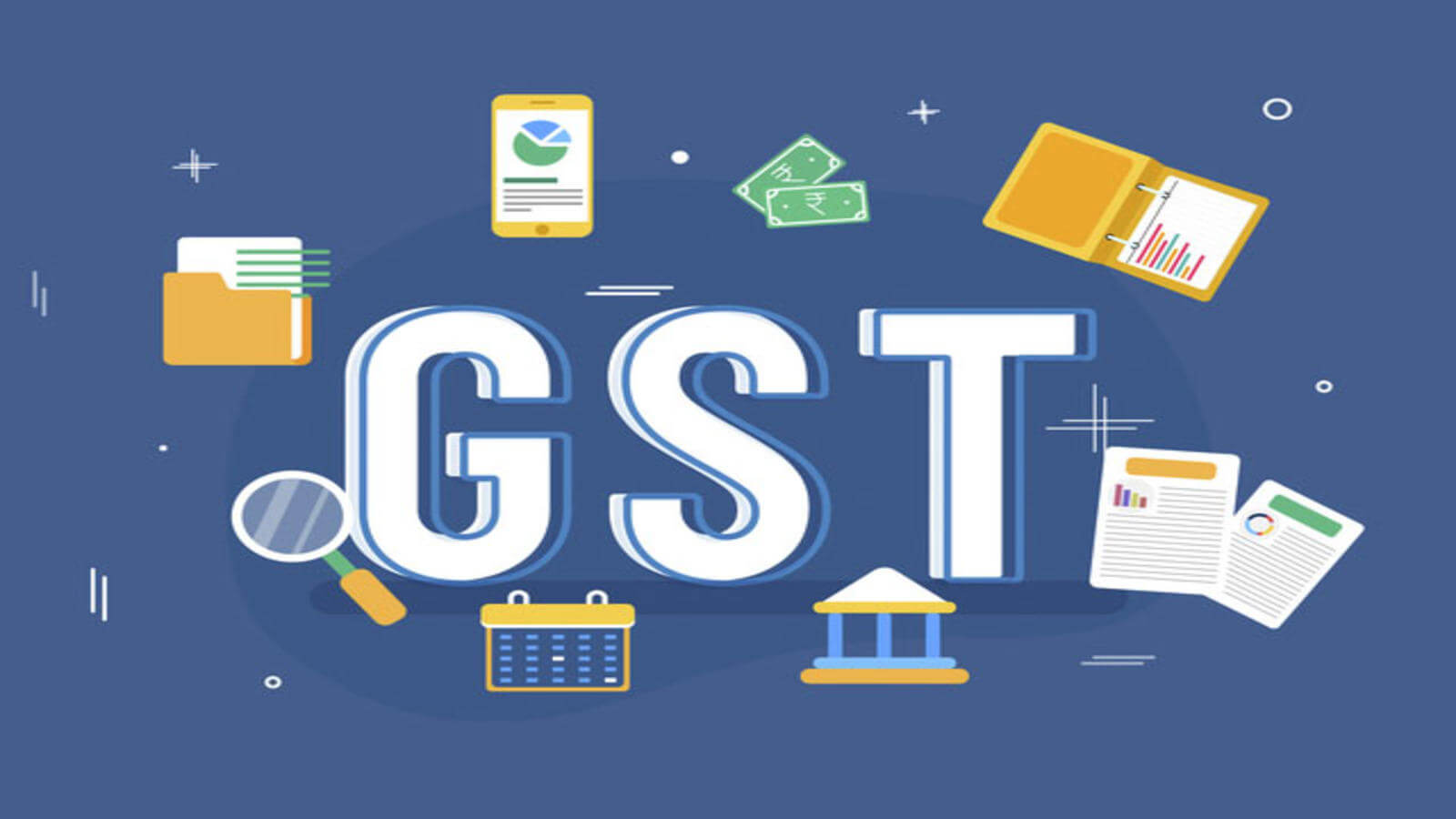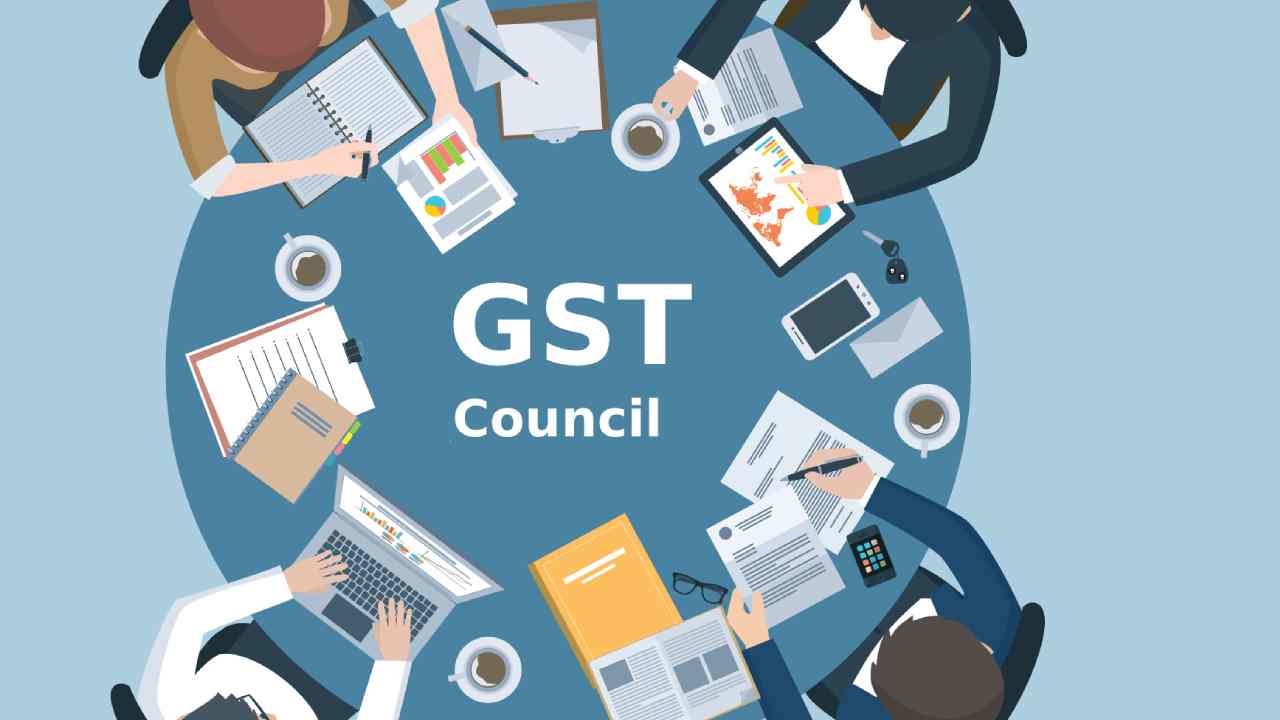For clarifying on various issues emanating from GST, CBIC has till date issued hundreds of Circulars since introduction of GST regime, which help the professionals and tax payer in evaporating their doubts. However in view of bulk of numerous circulars and also considering the fact that many Circulars are addressing to multiple issues, it is sometimes difficult to search for a clarification on a particular issue / topic. With this in mind we have prepared a summary of clarifications issued in regard to “Valuation of Supply” by going through all the Circulars issued from 26-06-2017 to 06-05-2020. We feel the readers would find the same useful.
- Circular No. 102/21/2019-GST dated 28-6-2019 (As amended by Corrigendum No.CBEC/20/16/4/2018-GST , dated 15-7-2019)
Clarification regarding applicability of GST on additional / penal interest
| Issue | Clarification |
| Case – 1: X sells a mobile phone to Y. The cost of mobile phone is Rs 40,000/-. However, X gives Y an option to pay in installments, Rs 11,000/- every month before 10th day of the following month, over next four months (Rs 11,000/- *4 = Rs. 44,000/- ). Further, as per the contract, if there is any delay in payment by Y beyond the scheduled date, Y would be liable to pay additional / penal interest amounting to Rs. 500/- per month for the delay. In some instances, X is charging Y Rs. 40,000/- for the mobile and is separately issuing another invoice for providing the services of extending loans to Y, the consideration for which is the interest of 2.5% per month and an additional / penal interest amounting to Rs. 500/- per month for each delay in payment. | As per the provisions of sub-clause (d) of sub-section (2) of section 15 of the CGST Act, the amount of penal interest is to be included in the value of supply. The transaction between X and Y is for supply of taxable goods i.e. mobile phone. Accordingly, the penal interest would be taxable as it would be included in the value of the mobile, irrespective of the manner of invoicing. |
| Case – 2: X sells a mobile phone to Y. The cost of mobile phone is Rs 40,000/-. Y has the option to avail a loan at interest of 2.5% per month for purchasing the mobile from M/s ABC Ltd. The terms of the loan from M/s ABC Ltd. allows Y a period of four months to repay the loan and an additional / penal interest @ 1.25% per month for any delay in payment. | The additional / penal interest is charged for a transaction between Y and M/s ABC Ltd., and the same is getting covered under Sl. No. 27 of notification No. 12/2017- Central Tax (Rate) dated 28.06.2017. Accordingly, in this case the ‘penal interest’ charged thereon on a transaction between Y and M/s ABC Ltd. would not be subject to GST, as the same is interest and would be covered under notification No. 12/2017-Central Tax (Rate) dated 28.06.2017. The value of supply of mobile by X to Y would be Rs. 40,000/- for the purpose of levy of GST. However any service fee/charge or any other charges that are levied by M/s ABC Ltd. in respect of the transaction related to extending deposits, loans or advances does not qualify to be interest as defined in notification No. 12/2017- Central Tax (Rate) dated 28.06.2017, and accordingly will not be exempt. |
2. Circular No. 92/11/2019-GST dated 7-3-2019
Treatment of Discounts including ‘Buy more, save more’ offers:
i. Sometimes, the supplier offers staggered discount to his customers (increase in discount rate with increase in purchase volume). For example- Get 10 % discount for purchases above Rs. 5000/-, 20% discount for purchases above Rs. 10,000/- and 30% discount for purchases above Rs. 20,000/-. Such discounts are shown on the invoice itself.
ii. Some suppliers also offer periodic / year ending discounts to their stockists, etc. For example- Get additional discount of 1% if you purchase 10000 pieces in a year, get additional discount of 2% if you purchase 15000 pieces in a year. Such discounts are established in terms of an agreement entered into at or before the time of supply though not shown on the invoice as the actual quantum of such discounts gets determined after the supply has been effected and generally at the year end. In commercial parlance, such discounts are colloquially referred to as “volume discounts”. Such discounts are passed on by the supplier through credit notes.
iii. It is clarified that discounts offered by the suppliers to customers (including staggered discount under „Buy more, save more‟ scheme and post supply / volume discounts established before or at the time of supply) shall be excluded to determine the value of supply provided they satisfy the parameters laid down in section 15(3) of the said Act, including the reversal of ITC by the recipient of the supply as is attributable to the discount on the basis of document (s) issued by the supplier.
Treatment of Secondary discount
i. These are the discounts which are not known at the time of supply or are offered after the supply is already over. For example, M/s A supplies 10000 packets of Circular No. 92/11/2019-GST Page 4 of 5 biscuits to M/s B at Rs. 10/- per packet. Afterwards M/s A re-values it at Rs. 9/- per packet. Subsequently, M/s A issues credit note to M/s B for Rs. 1/- per packet.
ii. It is further clarified that such secondary discounts shall not be excluded while determining the value of supply as such discounts are not known at the time of supply and the conditions laid down in section 15(3)(b) of the said Act are not satisfied.
iii. In other words, value of supply shall not include any discount by way of issuance of credit note(s) or by any other means, except in cases where the provisions contained in of section 15(3)(b) of the said Act are satisfied.
3. Circular No. 76/50/2018-GST dated 31-12-2018 (As corrected by Corrigendum F. No 20/16/04/2018-GST,dated 7-3-2019)
Valuation methodology for ascertainment of GST on Tax collected at source (TCS) under the provisions of the Income Tax Act, 1961
Section 15(2) of CGST Act specifies that the value of supply shall include “any taxes, duties cesses, fees and charges levied under any law for the time being in force other than this Act, the SGST Act, the UTGST Act and the GST (Compensation to States) Act, if charged separately by the supplier.”
For the purpose of determination of value of supply under GST, TCS under the provisions of the Income Tax Act, 1961 would not be includible as it as an interim levy not having the character of tax.
4. Circular No. 47/21/2018-GST dated 8-6-2018
Valuation where moulds and dies are provided by the OEM to component manufacturer
It is clarified that while calculating the value of the supply made by the component manufacturer, the value of moulds and dies provided by the OEM to the component manufacturer on FOC basis shall not be added to the value of such supply because the cost of moulds/dies was not to be incurred by the component manufacturer and thus, does not merit inclusion in the value of supply in terms of section 15(2)(b) of the CGST Act.
However, if the contract between OEM and component manufacturer was for supply of components made by using the moulds/dies belonging to the component manufacturer, but the same have been supplied by the OEM to the component manufacturer on FOC basis, the amortised cost of such moulds/dies shall be added to the value of the components.
***
A BIG THANKS to you for visiting our site and reading this article. Kindly provide your feedback on the above article in comment section below. Also please intimate about other GST issues on which you would require our team to pen down articles.
Doubts on GST may be lodged on ‘Ask GST query tab‘ under ‘Your GST queries’ tab on home page. National level GST experts will provide their reply on the matter raised at the earliest and same can be seen under ‘GST query resolved’ tab under ‘Your GST queries’ tab.
You can also subscribe to our free newsletter to always be updated on GST Law by filling the subscription form at home page.
TW Editorial Team comprises of team of experienced Chartered Accountants and Advocates devoted to spread the knowledge of GST amongst the various stakeholders.




